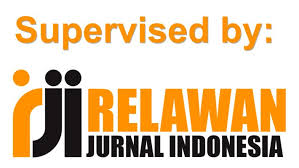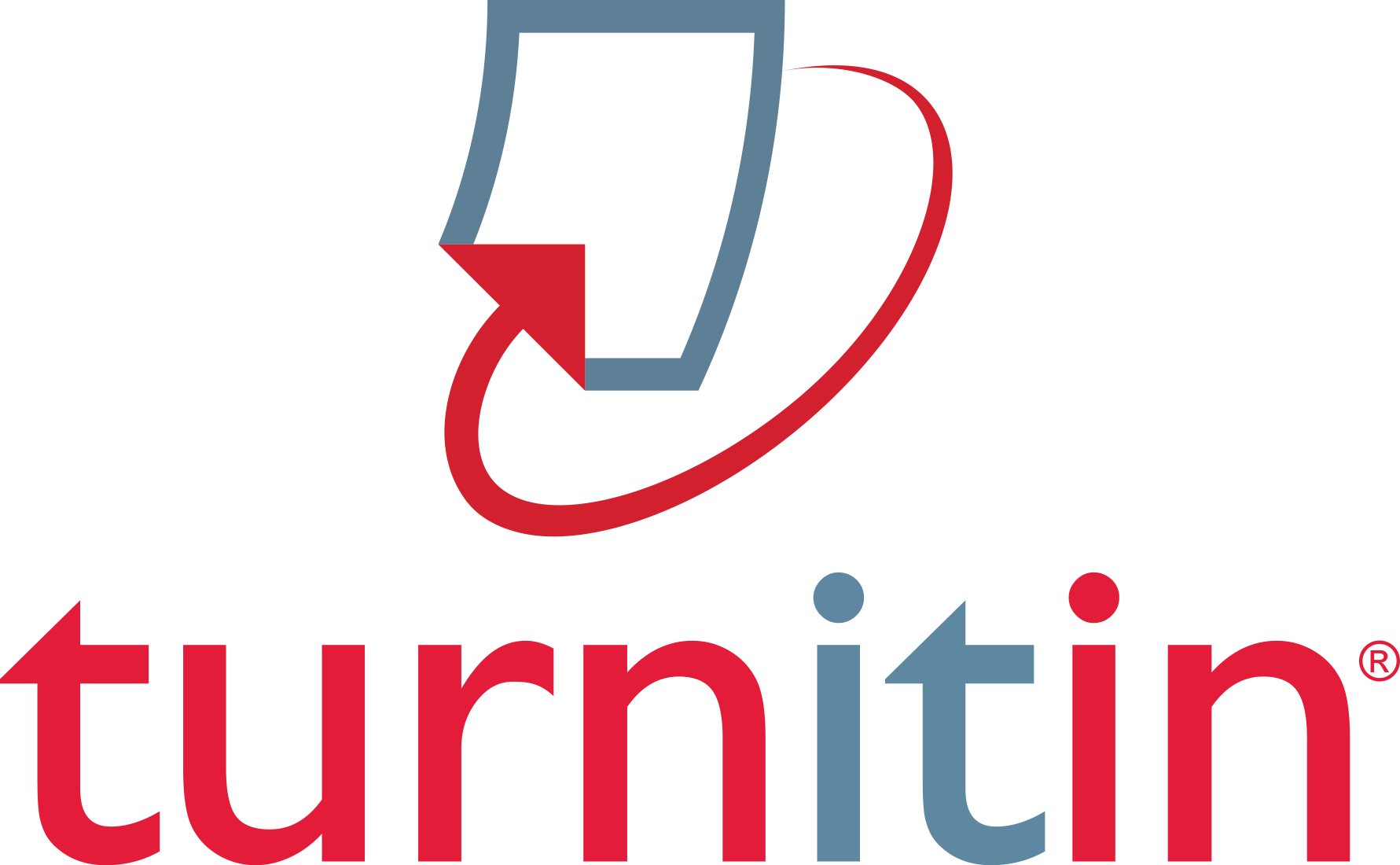PENINGKATAN KEMAMPUAN PEMECAHAN MASALAH MENGGUNAKAN MODEL PBL BERBANTU LKPD KELAS VIII SMP DELI MURNI SUKAMAJU
Abstract
This research aims to examine and determine the improvement in problem-solving abilities with the implementation of the PBL learning model assisted by LKPD. This study was conducted at SMP Deli Murni Sukamaju in Class VIII, with sample VIII-1 as the control class and VIII-2 as the experimental class. The type of research used is quasi-experimental research. The instrument used for data collection consists of 7 pre-test questions and 7 post-test questions on problem-solving abilities in the topic of number patterns. Based on the results of the research hypothesis using a two-way ANOVA with N-Gain data, the significant value is > =0.05, so H0 is rejected both overall and based on the students' Initial Mathematical Ability. This means that the improvement in students' problem-solving abilities using the PBL model assisted by LKPD is better overall and based on the students' Initial Mathematical Ability (KAM) than students using the Conventional model. The absence of interaction between learning and KAM, as seen in the significant value of the KAM*Class row with a result of >=0.05, means that the improvement in problem-solving ability occurs entirely due to learning. Continued with the Scheffe test, which showed that the group with low KAM significantly had better improvement compared to the students in the medium and high KAM groups.
References
Budianto, U. T. (2021). Penerapan Model Problem Based Learning untuk Meningkatkan Kemampuan Pemecahan Masalah dan Motivasi Siswa. Jurnal Paedagogy, 8(3), 338-344.
Cahirati, P. E. P., Makur, A. P., & Fedi, S. (2020). analisis kesulitan belajar siswa dalam pembelajaran matematika yang menggunakan pendekatan PMRI. Mosharafa: Jurnal Pendidikan Matematika, 9(2), 227-238.
Elvira, E. (2021). Faktor Penyebab Rendahnya Kualitas Pendidikan dan Cara Mengatasinya (Studi pada: Sekolah Dasar di Desa Tonggolobibi). Iqra: Jurnal Ilmu Kependidikan Dan Keislaman, 16 (2), 93–98.
Ermawati, D., Anisa, R. N., Saputro, R. W., Ummah, N., & Azura, F. N. (2023). Pengaruh model discovery learning terhadap hasil belajar matematika siswa kelas IV SD 1 Dersalam. Kumpulan Artikel Pendidikan Anak Bangsa (Kapasa): Jurnal Pendidikan, Sosial dan Humaniora, 3(2), 82-92.
Fahlevi, M. R. (2022). Upaya Pengembangan Number Sense Siswa Melalui Kurikulum Merdeka (2022). Sustainable Jurnal Kajian Mutu Pendidikan,5(1),11–27. Https://Doi.Org/10.32923/Kjmp.V5i1.2414
Indahsari, A. T., & Fitrianna, A. Y. (2019). Analisis kemampuan pemecahan masalah siswa kelas X dalam menyelesaikan SPLDV. JPMI (Jurnal Pembelajaran Matematika Inovatif), 2(2), 77-86.
Jubaedah, A. S. (2022). Pengaruh Model Pembelajaran Problem Based Learning Terhadap Kemampuan Pemecahan Masalah (Studi Kuasi Eksperimen pada Peserta Didik Kelas XI IPS SMA Negeri 2 Singaparna Tahun Ajaran 2021/2022) (Doctoral dissertation, Universitas Siliwangi).
Kurniawati, F. N. A. (2022). Meninjau Permasalahan Rendahnya Kualitas Pendidikan Di Indonesia Dan Solusi. Academy of Education Journal, 13(1), 1-13.
Nazara, E., & Dewi, I. (2023). The Effect of Problem-Based Learning (PBL) Using Video-Based Learning (VBL) on Mathematics Students’ Problem-Solving Ability in SMK Negeri 14 Medan. Jurnal Cendekia: Jurnal Pendidikan Matematika, 8(1), 1-12.
OECD. 2019. PISA 2018 Result Combined Execitive Summaries. PISA-OECD Publishing
Sujana, C. (2019). Fungsi Dan Tujuan Pendidikan Indonesia. Adi Widya: Jurnal Pendidikan Dasar, 4(1), 29. https://doi.org/10.25078/aw.v4i1.927.
Wulandari, A. P., Salsabila, A. A., Cahyani, K., Nurazizah, T. S., & Ulfiah, Z. (2023). Pentingnya media pembelajaran dalam proses belajar mengajar. Journal on Education, 5(2), 3928-3936.

This work is licensed under a Creative Commons Attribution 4.0 International License.
Penulis yang menerbitkan karyanya ke jurnal ini setuju dengan persyaratan berikut:
Penulis menyimpan hak cipta dan memberikan hak penerbitan pertama kepada jurnal, dengan karya yang secara serentak dilisensikan di bawah Lisensi: Creative Commons Attribution - Share Alike 4.0 Internasional License yang memungkinkan orang lain membagikan karya dengan pengakuan penerbitan awal dan kepenulisan karya di jurnal ini.











